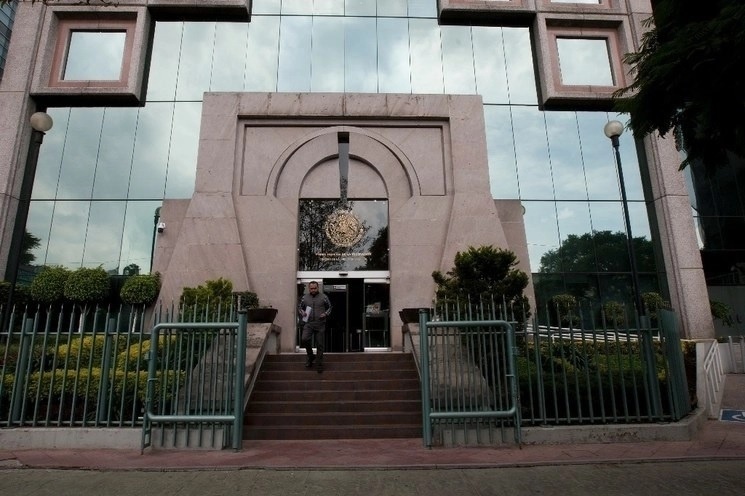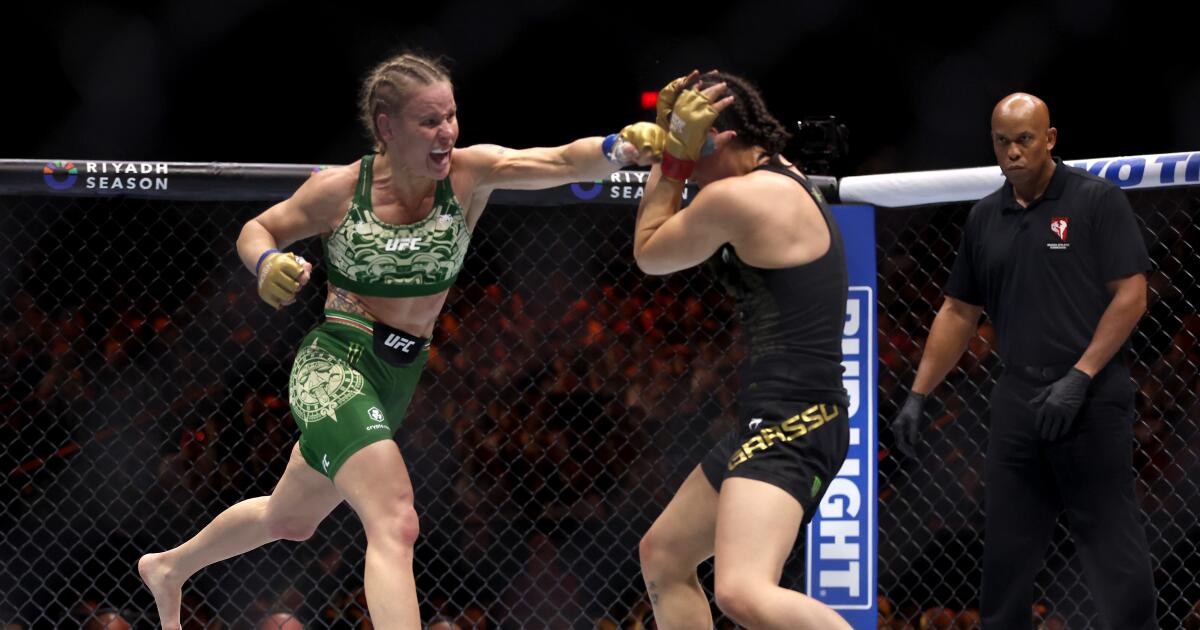Escuchar
During the last few hours, it became known that the artist Nacha Guevara She underwent surgery following a diagnosis made by specialists at the Finochietto Hospital. The news was shared by the journalist Daniel Ambrosinowho commented: “She had a problem with an artery in her leg, it had little flow, and that caused a certain narrowing. That’s why she had to have surgery, and she has been hospitalized for two days.”
Ambrosino continued: “That is why Nacho Guevara was admitted, observed and checked, and they decided to place a stent. She is doing very well, she is fully recovering, she will probably remain in hospital for the whole weekend for observation.”
A few hours later, Angel de Brito in LAM gave new details regarding Nacha’s health, and detailed: “She is out of danger, watching TV, listening to music. She was accompanied by her family. I just spoke with her son, a total boss. Luckily Nacha is fine, and on Monday the 23rd she debuts in the Singing. The stent is in a vein in one of the legs.”
In another section of LAMthe host shared an audio message that Guevara sent her, and the singer herself stressed: “I am in therapy, but very well, nothing hurts me. I had a great medical team, excellent care at Finochietto. The symptom that was driving me crazy is gone, a pain in my foot that I don’t wish on anyone. So I will be in the Singing “23 as a little soldier.”
Nacha Guevara, in PH We Can TalkPettinelli, Maria Belen (Editorial)
A while ago and invited to PHNacha Guevara opened up about her relationship with her father. With a great sense of humor, but also with a reflective tone and a lot of emotion in her voice, the artist shared the story of disagreements that he experienced with his father, which went from abandonment to rejection, and moved so much Andy Kusnetsov like the rest of the guests.
“Those who have been marked by a specific attitude of their parents, come forward to the meeting point,” the host of the show said, and Nacha immediately, as a prelude to her story, encouraged everyone to come to the center of the circle. “When you explore someone’s life, you always have to refer to childhood, because there are certain signs that will determine how we will be when we are adults,” she then explained her enthusiasm and clarified that “every childhood has its traumas.”
Nacha Guevara Santiago Filipuzzi – Santiago Filipuzzi
After saying that many things from her childhood had left their mark on her, Guevara highlighted what hurt her the most. “I met my father when I was 46 years old. In my childhood he was a completely disappeared figure, he was like a ghost,” she began her story, and recalled that he separated from her mother when she was just six months old, that the situation was not at all friendly and that from that moment on they remained “like enemies.” This resentment between adults meant that she never approached him. Even if she crossed paths with him on the street, they would immediately turn her away so she wouldn’t see him.
Years later, during her youth, something about that disagreement caused the artist to wake up. “Something was obviously happening. I started going to a psychologist and, very naively, I told him that I never knew my father,” she recalled. “I worked with him until one day I decided to meet him,” she added. She then said that she wrote him a letter, that he responded, that they arranged a meeting and that their first meeting was not at all positive.
Nacha Guevara in Madrid, in 2010EFE – Archive
“It was very frustrating because he showed up at my house, I opened the door and realized that I had idealized that person. I looked up because I thought he was going to be a tall, powerful man. And he was short.” Accompanied by her sister, Nacha later went to her father’s house. “I told him everything I felt, everything that had happened, and all the things he wasn’t present at. He listened. Nothing more.” After that visit, the meetings continued. “‘Now I’m going to make him work as dad,’ I thought, and I went and told him: ‘Now you’re going to hold me in your arms, you’re going to take me to the plaza, you’re going to buy me ice cream.’ I was already 46 years old,” she recalled.
“He was a very strange person, because he didn’t react,” she confessed in relation to the gestures Nacha made to try to win her father back. But it was a decision he made that ended up breaking, again, the bond. “The relationship ended because he told me that he had changed the name of his apartment so that I wouldn’t have anything to do with it. Very strong. At that time I said ‘this person doesn’t deserve to be my father’. That offended me as an adult, as a woman and as a human being. At that moment I said ‘this is not for me’ and I never saw him again,” Nacha concluded, and explained that she did not attend her father’s funeral because when he died she was in Spain.
LA NACIONGet to know The Trust Project


